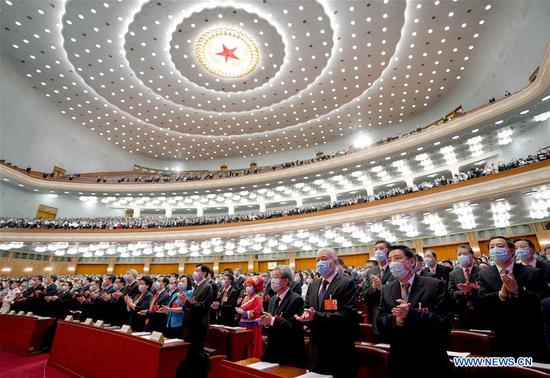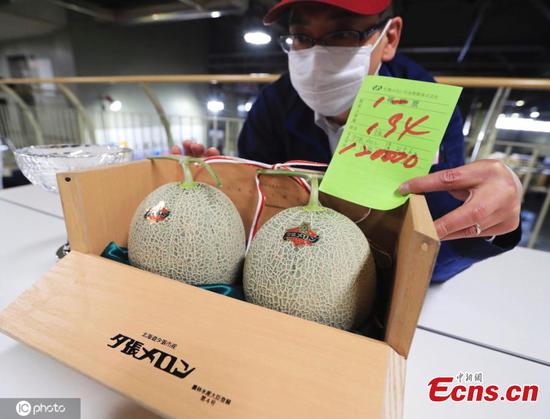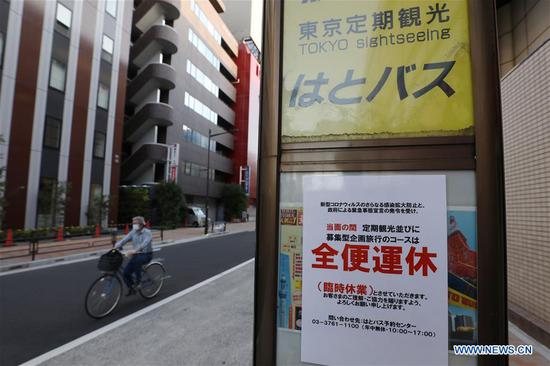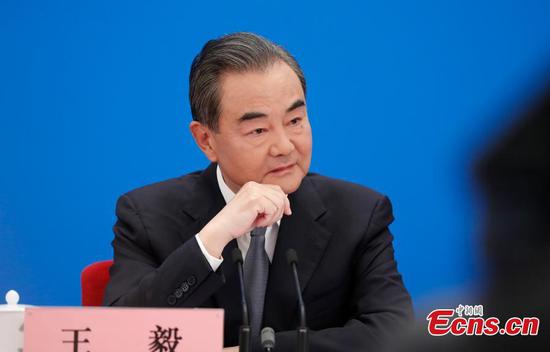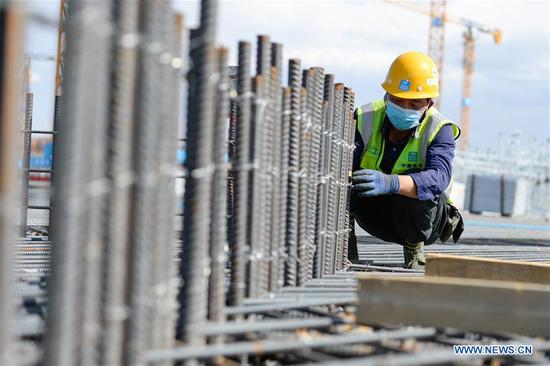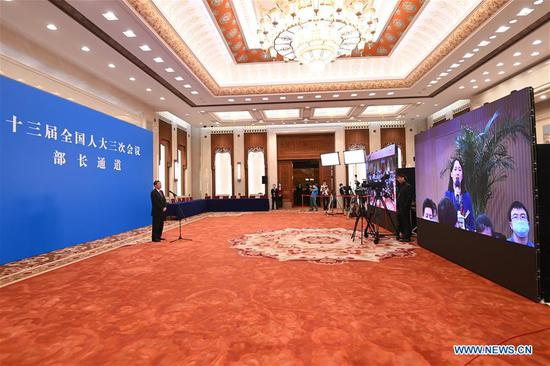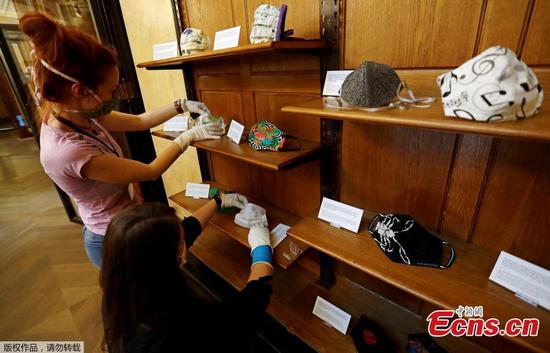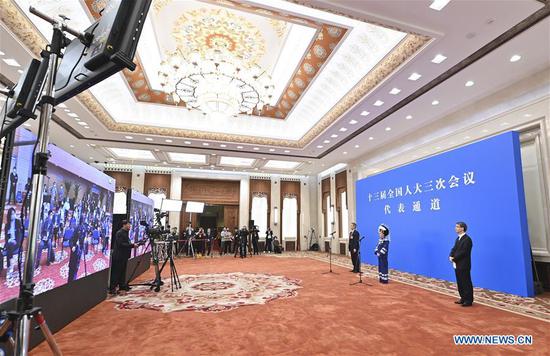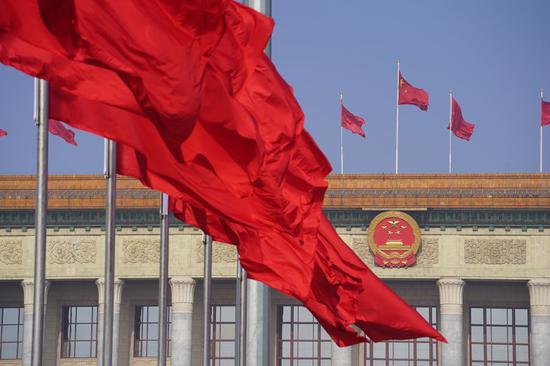
The booth of a STAR Market-listed company at an exhibition in Beijing in 2019. (Photo provided to China Daily)
China is likely to embrace large investment banks in a real sense, with the registration-based initial public offering system reshaping the country's securities industry, experts said.
The Central Committee for Deepening Overall Reform approved a comprehensive implementation plan on April 27 adopting registration-based IPO mechanisms on the Shenzhen Stock Exchange's tech-heavy ChiNext board. It was only nine months after the mechanism was first tried on the Shanghai bourse's STAR Market.
"The ChiNext has accumulated a large number of relatively mature investors and 700-plus listed companies over its 11-year history. With the experience of the STAR Market's registration-based IPO system, it is an ideal opportunity to roll out the IPO reform on the ChiNext," said Yang Delong, executive general manager of Shenzhen-based First Seafront Fund.
"Securities firms will benefit directly from the registration-based IPO system. They will see their investment bank income largely increased in the near future," Yang said.
Unlike mature markets such as the United States where investment bank giants like Goldman Sachs and Morgan Stanley play key roles in the capital market, most investment banking functions are assumed by securities firms in China. Brokerage, research, direct investment and investment banking are the four major business divisions of Chinese securities firms.
"In the short run, securities firms with adequate ongoing IPO projects will benefit from the registration reform on the ChiNext. But securities firms with upgraded investment banking businesses will benefit from reform over the long term. Large securities firms with stronger comprehensive capabilities will likely have a more noticeable competitive advantage," said Shen Juan, senior analyst at Huatai Securities.
The registration-based IPO system, together with the Nasdaq-like STAR Market where the new system was tested, was initiated by President Xi Jinping in November 2018 to streamline the country's capital market infrastructure. The first 25 companies started trading on the STAR Market on July 22, 2019. With the successful IPO of e-commerce supporting service provider Hangzhou Raycloud Technology on April 29, the number of companies listed on the STAR Market has now hit 100.
The competition among securities firms in terms of the underwriting and sponsoring business has thus intensified. Beijing-based China International Capital Corp has so far been responsible for the sponsoring and underwriting of 14 STAR Market-listed companies, outperforming all its peers. China Securities and CITIC Securities followed, handling 11 and nine STAR Market-listed companies' sponsorships and underwriting, respectively.
Securities firms' income has jumped accordingly. Shanghai-based market tracker Wind Info said the 100 STAR Market-listed companies have brought in more than 6.77 billion yuan ($951.28 million) in sponsorship and underwriting income for securities firms over the past nine months.
Market consulting firm McKinsey &Co expects the registration-based IPO mechanism first tried out on the STAR Market will provide new opportunities for securities firms' asset-heavy businesses such as direct investment.
Top-down deepened reform in the market has been increasingly evident, with policies introduced since 2018 being the best examples, said Cliff Sheng, a partner at McKinsey &Co. It is expected that the registration-based IPO mechanism will be adopted on the A-share main board within the next three years. Combined with the implementation of the revised Securities Law, the Chinese capital market will be noticeably more market-oriented, legalized and international, with institutions playing a more important role, Sheng said.
"The registration-based IPO mechanism, which is at the very core of the market's infrastructure, marks an inflection point in the development of China's capital market," he said.










